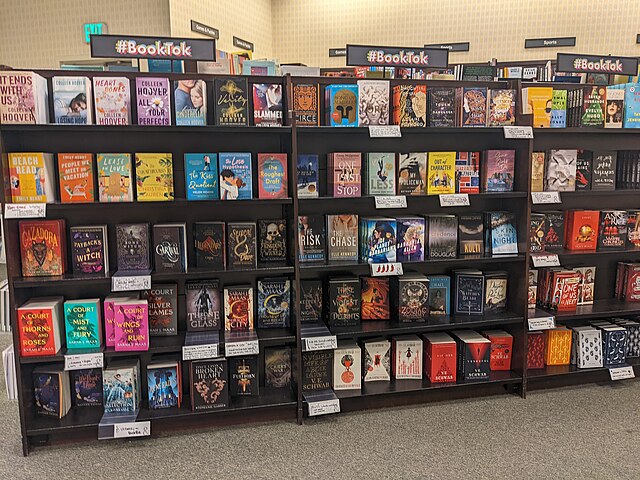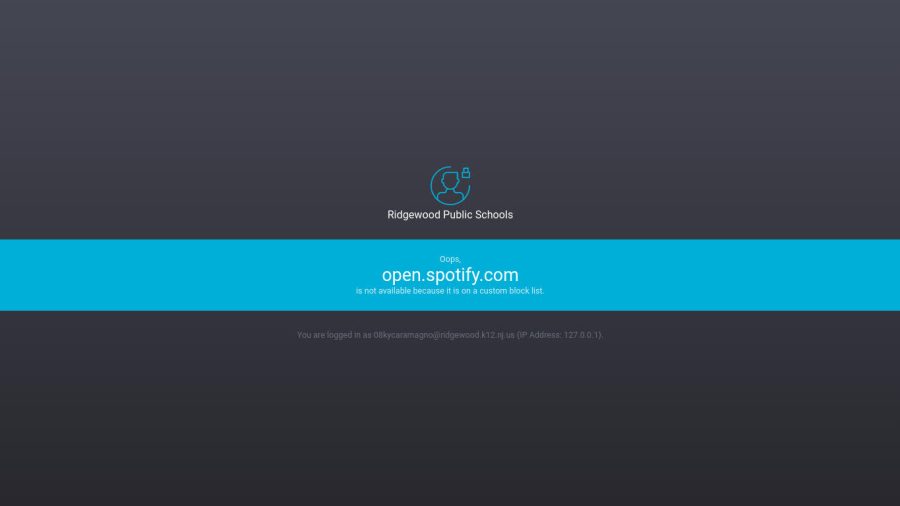While TikTok is notorious for its controversy as of late and gained its popularity through content creation online, the opinions surrounding the app have mostly been split down the middle: you either hate the platform or love it. One of the online sub-communities based on TikTok is called BookTok. It’s pretty easy to find, and typing #booktok into your search bar should yield results with online reviews mostly centered around romance books and the ‘bookworm’ aesthetic.
BookTok promotes literature and allows content creators to share quotes and opinions about their latest reads. This helps authors get their work noticed and allows publishers to have better connections with their audience. However, the platform is also noted for a few negative traits, including a shallow community focused on the aesthetic aspect of reading and subjective content depending on what’s trending.
Leah Wasielewski, Vice President and Senior Director of Marketing at HarperCollins Publishing provided an inside glance into the industry and how platforms like Booktok can make her job easier or harder. “A big part of online marketing is done on social media,” Wasielewski states. “Platforms like Instagram, Facebook, and TikTok are great ways for the author to reach their audience. It helps readers put a face to the name and interact with their audience.” Leah’s work at HarperCollins is focused on marketing and advertising, and she proceeds to explain how online platforms are great for promoting new material.
New authors can quickly amass a following and target their ideal audience, which results in more book sales and more success for both the publisher and the author. Alternatively, Leah also mentions platforms like BookTok that are more trend-reliant can be harder to break into. “BookTok is different than apps like Instagram and Facebook because the content you find on BookTok is specifically cultivated around whatever’s trending. For example, the romantasy genre has been gaining a lot of traction online recently, especially on Booktok, which makes it harder for a science fiction author to promote their work on the platform.”
Most of the literature promoted on the platform is popular because of its online success, which means less popular books have a harder chance of successfully promoting themselves online. Given that the platform is so select, many would think it contributes to a lack of literary diversity, but the opposite is true. Publishing companies like HarperCollins send out emails to content creators online in hopes of connecting them and asking them if there is a specific kind of book they’d like to see based on how their background correlates with the author’s or the kind of stories the author writes. If the author has a similar ethnic background as a content creator, the publisher will send a copy of the book to the content creator so they can promote the book. This allows for a diverse author’s work to be shared on platforms with a targeted audience from the same background.
There are two sides to every coin. While Booktok has a lot of positive aspects when it comes to sharing content and cultivating an ideal audience, its downfall lies in the same thing it’s popular for: an audience dependent on literary trends. An ideal platform for readers to share content about their favorite books should be unbiased and not trend-reliant. Booktok’s popularity comes entirely from benefiting from the success of popular books and using that popularity to get views. However, it should be noted that a platform like Booktok where readers can share opinions and feedback with a community including authors and publishers is a good idea. A platform like TikTok, though, where content is more about getting likes and views instead of connecting with others over shared interests is not the best place for that.







